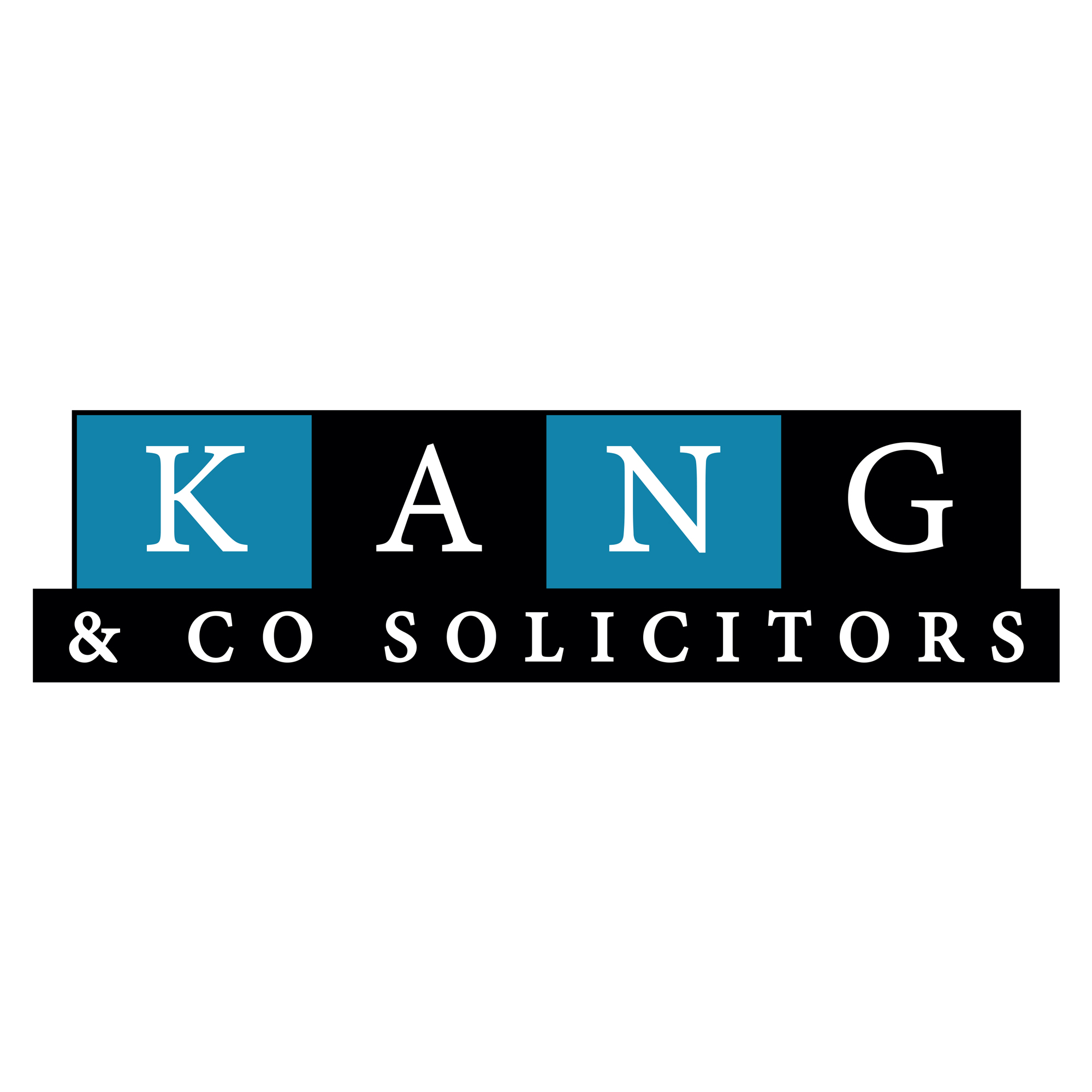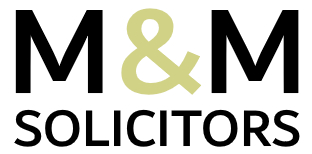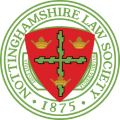
If you’re looking to set up your own law firm, one of the key steps in the authorisation process with the Solicitors Regulation Authority (SRA) is submitting the FA1 form. This form is used to apply for firm authorisation. It is a crucial part of your application and plays a central role in getting your firm up and running. Getting it right the first time can help avoid delays and smooth the path to approval.
Here’s what you need to know about the FA1 and how to approach it.
This summary provides general information and does not constitute advice on any individual application circumstances.
1. What Is the FA1 Form?
The FA1 is the official application form used to request firm authorisation from the SRA. If you want to set up a regulated law firm in England or Wales, whether as a sole practitioner, partnership, limited company, or alternative business structure (ABS).
This collects essential information about your firm’s structure, ownership, management, and compliance arrangement. This allows the SRA to assess whether your business meets the regulatory standards required to provide legal services safely and professionally. You must submit this firm and gain approval before you can open your firm.
2. Who Needs to Submit an FA1?
Each firm submits one FA1 form as part of the overall authorisation process with the SRA. It covers your firm’s structure, compliance setup, and key personnel. This includes
- Managers (such as directors, partners, or LLP members)
- Owners (anyone with a financial interest or controlling stake)
- Compliance Officers (COLP and COFA)
In some cases, individuals listed on the FA1 may also need to complete a separate form to be approved.
3. What Does the SRA Look For?
When reviewing your FA1 application, the SRA wats to be confident that your firm can operate responsibly, ethically, and in line with the regulatory standards. The SRA will carefully assess the character and suitability of all owners, managers, and compliance officers. This includes checking for any past disciplinary actions, criminal convictions, or involvement in failed firms. It is essential to be honest and transparent, as withholding information or providing misleading details can lead to delays or refusal.
The SRA will also evaluate how the firm will be funded and whether key individuals have a history of insolvency or poor financial conduct. This is to ensure the firm is set up with realistic financial plans and responsible management.
Lastly, the SRA expects firms to demonstrate a clear understanding of regulatory obligations under the SRA Standards and Regulations. This means naming appropriate Compliance Officers, establishing sound governance structures, and if relevant, showing how your firm will comply with anti-money laundering rules.
4. When Should You Submit the FA1?
FA1 forms must be submitted as part of your full firm authorisation application through the SRA’s secure mySRA portal, where you can complete and track your documents. It’s important to prepare and submit your FA1 early, as the SRA won’t start assessing your application until all required forms and information are complete. Early submission also gives you time to respond to any SRA queries, helping to avoid delays and ensure a smoother authorisation process.
If you have all your supporting documentation in place, you will help speed up the process. Speak to our team today about completing your SRA application or if you need assistance with your law firm setup.
Conclusion
The FA1 is a critical step in setting up your law firm. It verifies that you and your key personnel are fit and proper to manage a regulated legal practice. Completing it accurately from the start reduces the risk of setbacks.
If you’re preparing to apply to the SRA or need help completing your FA1 forms, speak to Ben Trott who is on hand to help you every step of the way. We can help you wherever you are based. Call us on 0330 133 8783 or email info@marketinglawyers.co.uk.



















































